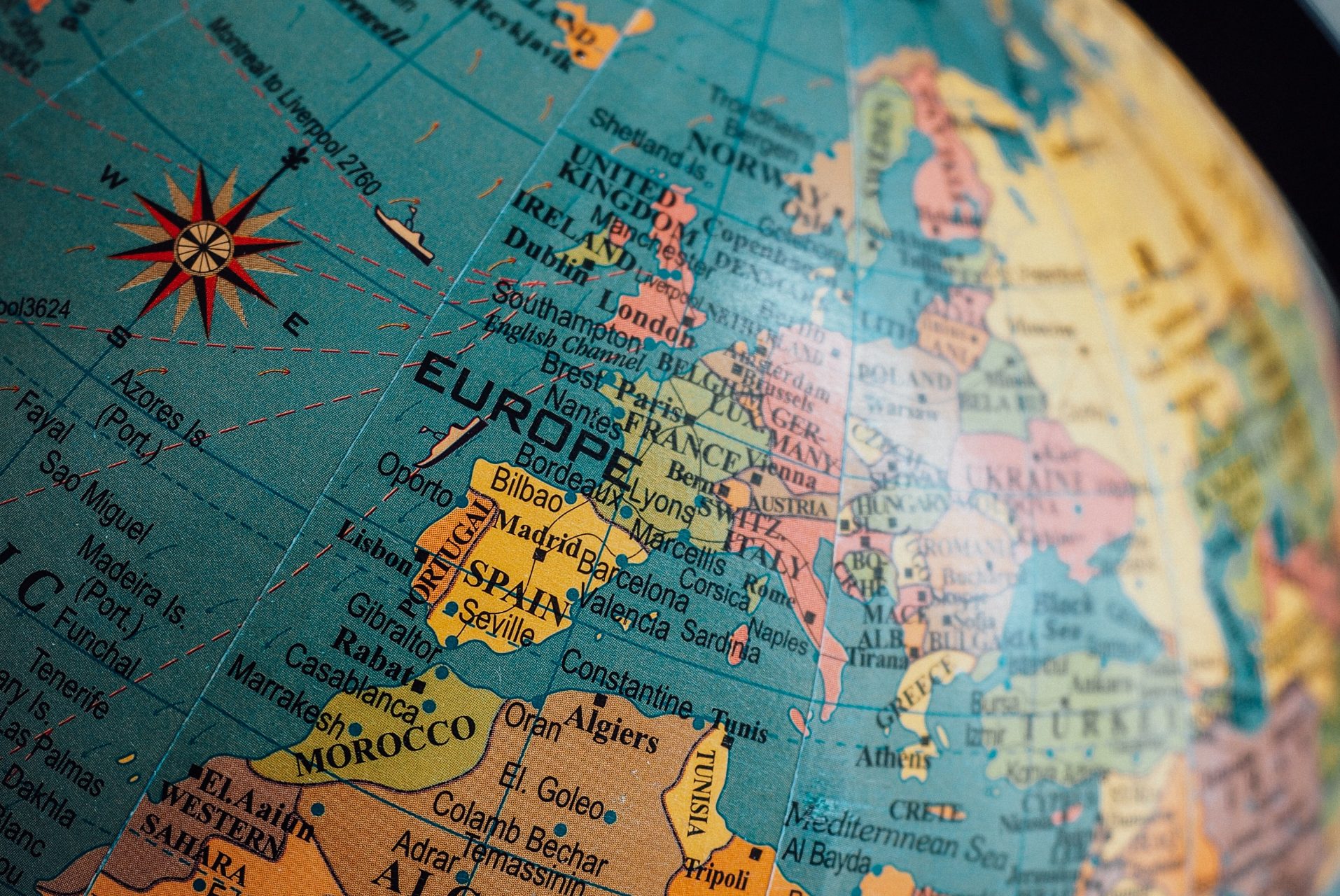Economic sanctions has reverberated across Russia as Putin pledged to carry out a raft of measures to offset the impact and carry on with attacks in Ukraine. But are sanctions enough to stop him and, indeed, what are their consequences across the rest of the world? Here, Lecturer in Business Economics Zarak Mirza assesses the impact of these measure both in Russia and across the world.
The speed and the extent of economic sanctions by the West on Russia are unprecedented. The current sanctions have the potential to produce far more severe consequences as compared to sanctions imposed after Crimea.
Though fast in action, the effectiveness of US and European sanctions is linked to their impact on the people of Russia. War has been imposed, but there is less evidence of domestic support of the Russian people. The loss of foreign reserves, coupled with the removal of Russian banks from SWIFT will increase inflation, negatively affecting living standards. There are signs that the sanctions are starting to hurt; the Central Bank has doubled its benchmark interest rate from 9 to 20% and Russia’s credit rating has been downgraded by S&P Global – to junk status.
Given that an end to the invasion is the only way to achieve welfare improvements, the Russian people may be encouraged to build up more aggressive resistance against Putin’s war. This would increase the cost of war for Putin and pressure the regime to change its position.
As the world’s largest economy, the US and European Union sanctions will have a considerable impact on the Russian economy but for maximum effect, they need to be universal. Countries such as China and India have not publicly condemned the invasion and have strategic reasons not to. Both countries have large growing economies and are in need of Russian exports and might be willing to increase the supply of goods and services.

The fact that the sanctions have not been imposed by the UN, countries are free to choose their trading relationship with Russia. The UN sanctions are unlikely, and given that the Russian Central Bank has amassed a considerable war chest (though much of this is held in sanctioned bank accounts) Russia’s best strategy is to complete the invasion as soon as possible. In absence of people power dissuading Putin from his path, a quick invasion might not be the morally right outcome but an economically viable necessity.
The sanctions have significant implications for Europe which is heavily dependent on Russian oil and gas. Russian oil makes up 27%, coal 47%, and gas 41% of EU imports. The US is tailoring sanctions that would allow Russia to export energy. The reality is that the longer the sanctions are in place, the greater the impact on the European economy including energy prices, supply chains, fiscal costs, and economic growth.
According to The Guardian, the impact of the sanctions would reduce living standards in the UK by as much as £2,500 per person. The quicker the invasion ends, the quicker a post-economic scenario could develop easing pressure on the global economy.
In the past, sanctions alone have not proved effective against Iran and North Korea. The West is hoping that the speed and extent of the sanctions could act as an effective “weapon of war” and prove to be a panacea. However, sanctions impose high costs, not only on their intended target but also have far-reaching consequences for the rest of the world.
Zarak Mirza is a lecturer in Business Economics and Statistics at Kent Business School, University of Kent. He is interested in the field of management, human resource management, organizational/institutional behaviour, and consumer behaviour.

